A guide to table manners around the world
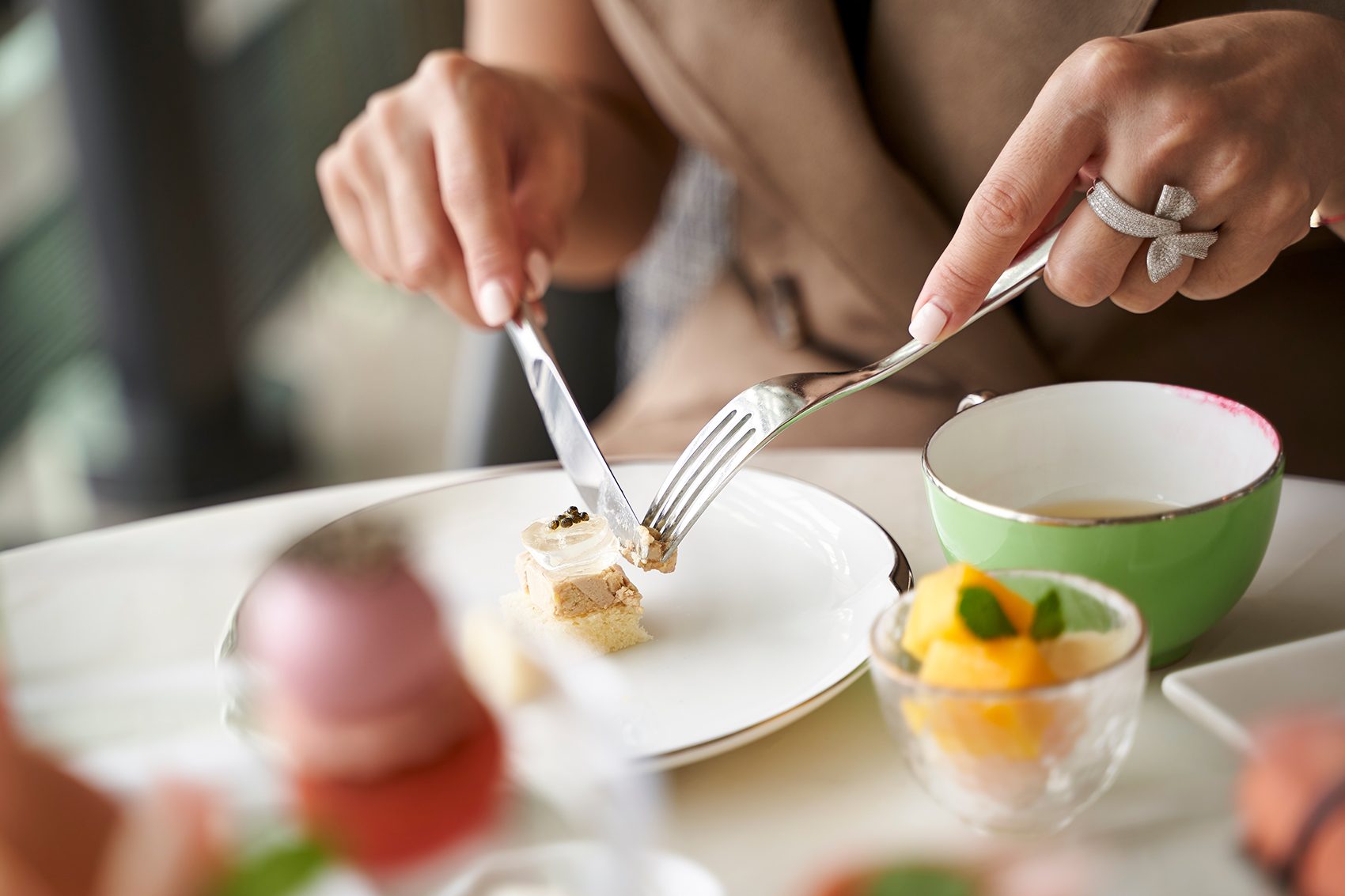
One of the greatest joys of travelling is exploring new cultures through food. Each destination has its own speciality, from steaming baskets of dim sum and bowls of mouth numbing ramen to deliciously doughy pizzas and succulent barbequed meats. And each destination also has its own set of dining rules.
It pays to be aware of your behaviour when dining abroad. One simple action can mean the difference between having a great culinary experience and causing embarrassment – or worse still, offence. Here, leading chefs, a restaurateur, and food writer share tips on fitting in and enjoying yourself.

Credit: gorodenkoff/Getty Images
Australia
Don’t worry too much about etiquette – we don’t, says Jill Dupleix , culinary editor at Australian Financial Review Magazine . Waitstaff will be friendly and up for a chat (as are most Australians). If you’re uncomfortable being asked questions about yourself, ask them questions instead.
Restaurants are busiest around 7pm, when they are likely to be loud and boozy. If you prefer peace and quiet, dine early, and avoid Friday and Saturday nights. We tip 10 per cent in restaurants, though rarely tip in cafés and bars.
You might be asked to bring a plate of food to a barbecue. If it’s a dinner party, a gift such as flowers or wine is always appreciated. Australians are generally laid-back, but don’t be arrogant – we call such people “up themselves”.
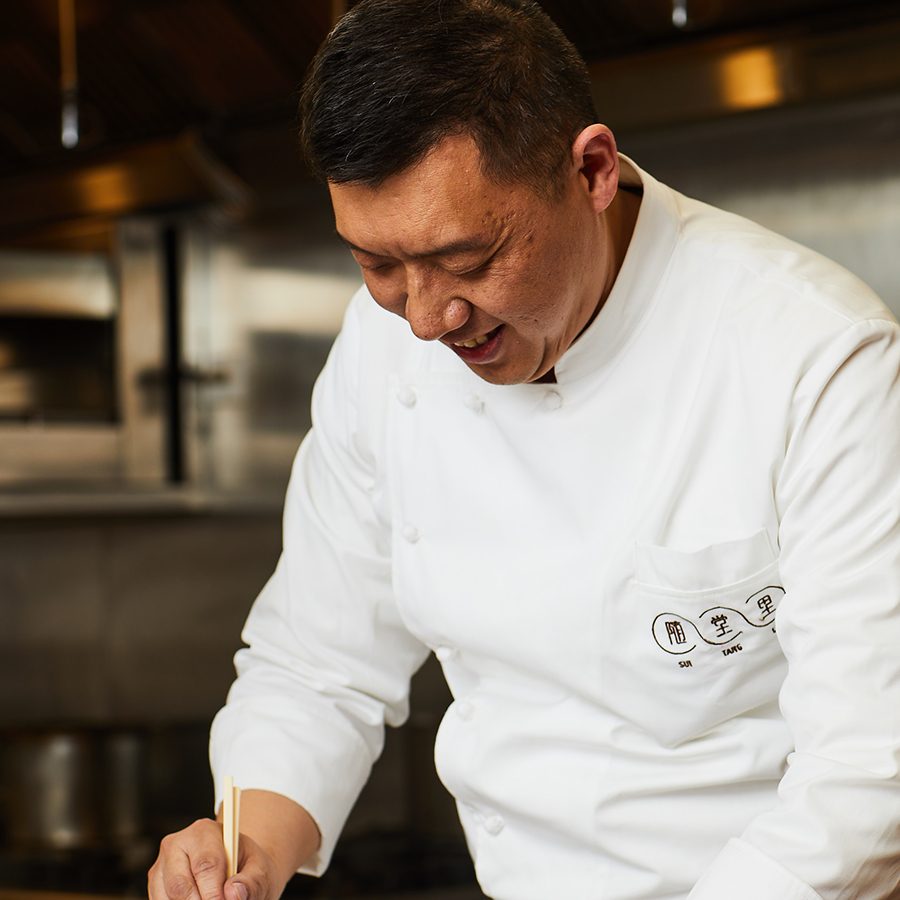

The Chinese Mainland
Tony Ye is head chef at Sui Tang Li at The Middle House in Shanghai. As he explains, the Chinese Mainland is vast, with many distinct cultures, customs, and cuisines.
Shanghai blends the best of both Eastern and Western culinary traditions. Most local dishes are red in colour and rich in flavour, cooked with soy sauce, sugar, and other seasonings, resulting in the distinctive “thick oil and red sauce” style.
Avoid making loud noises during meals and refrain from improper use of chopsticks, such as tapping bowls or plates, sticking them into food, or pointing them at others. Seating arrangements might seem hierarchical, yet in practice, can be arranged more flexibly – just know your audience.
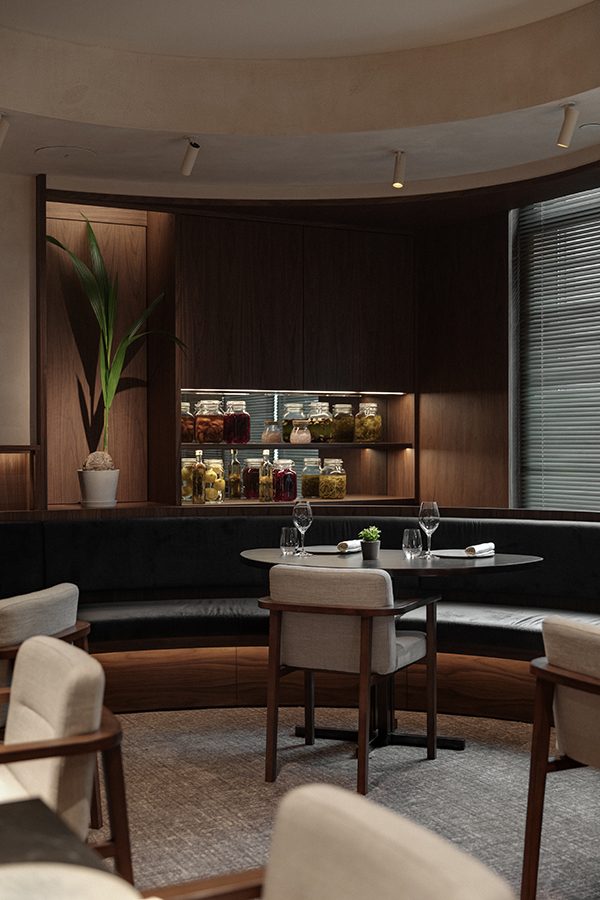

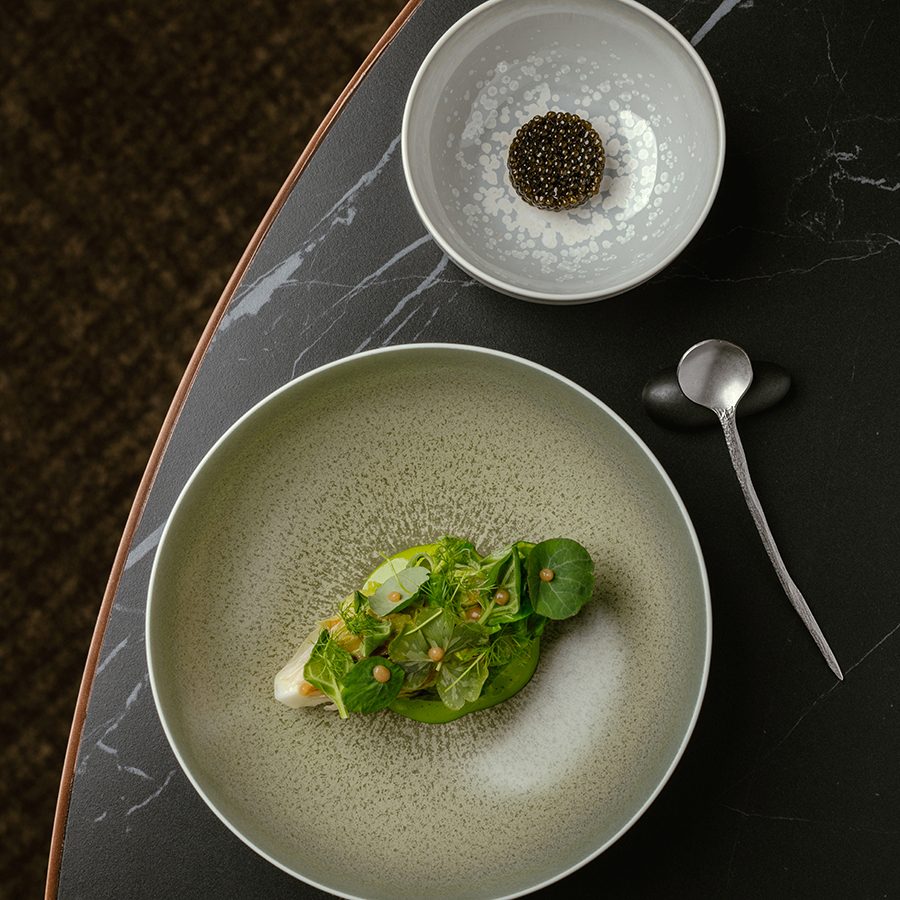
France
French waiters might be perceived as arrogant but they’re generally friendly and accommodating, says executive chef Joris Rousseau of Michelin-starred Feuille in Hong Kong. This is especially the case in southern France, where dining is a more leisurely affair. A little politeness and a smile on your part go a long way too.
Cutlery placement can be tricky: a horizontal fork and knife on the plate indicates you’re enjoying the meal, crossed cutlery means you’re not, and when they’re pointed towards each other from opposite sides of the plate, it means you’re not finished. Use a fork to eat your salad but don’t cut it, and never put your elbows on the table.
Tipping is discretionary but appreciated, and if you’re invited to someone’s home, bring wine, dessert, or flowers.

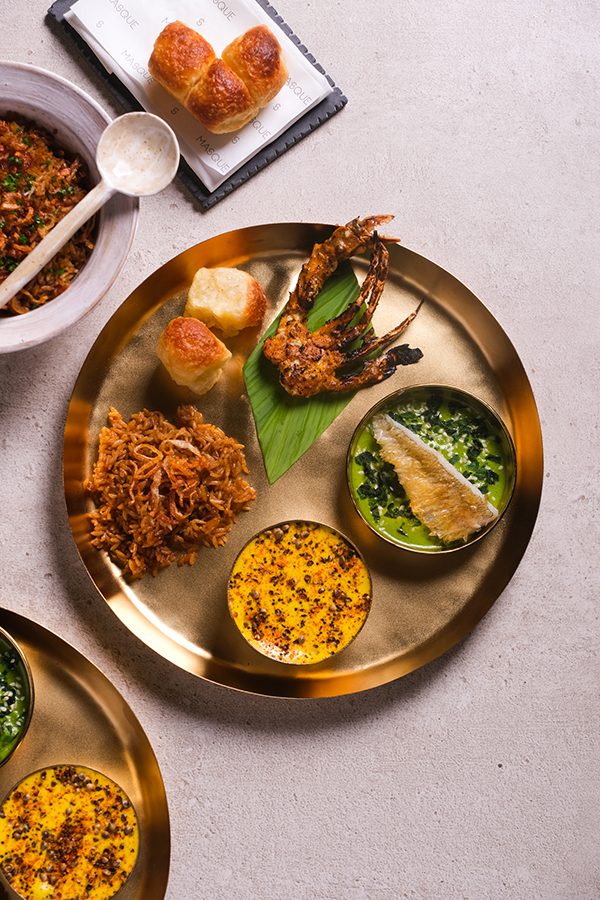
India
India is a diverse country, so there are few universal dining rules, according to Aditi Dugar , director and founder of Masque and Urban Gourmet India. That said, a lot of Indian food is eaten with hands, so washing them before and after a meal is imperative. It’s believed that using your hands to eat enhances the meal’s experience.
Many Indians are vegetarian, so check for preferences. When offered food by a host, accept a small portion, as declining can seem impolite. Additionally, don’t leave food on the plate, or criticise food offered to you; instead, focus on what you enjoyed.
A common misconception is that all Indian food is spicy, but it all depends on the dish and the region. No matter where, a word of sincere praise for the host or cook is always appreciated.
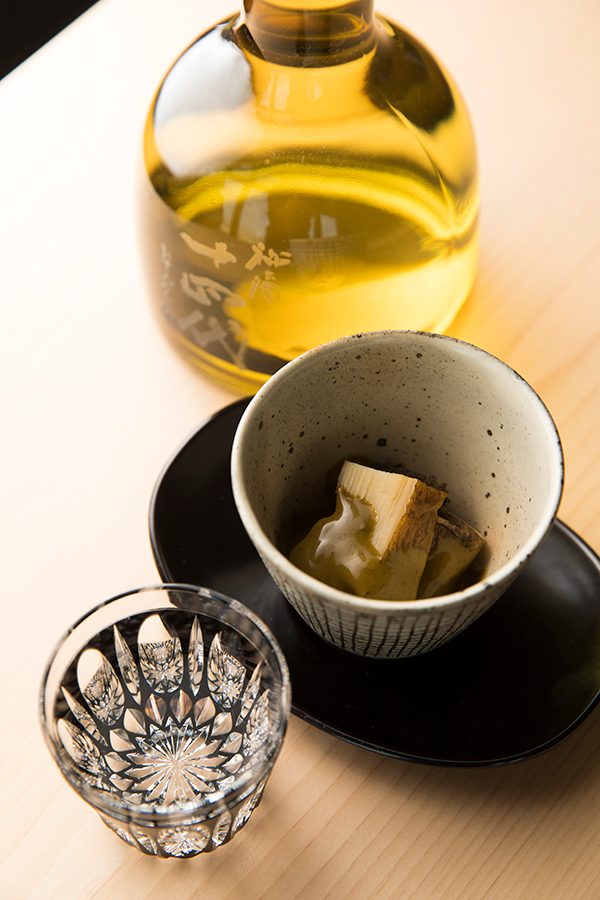
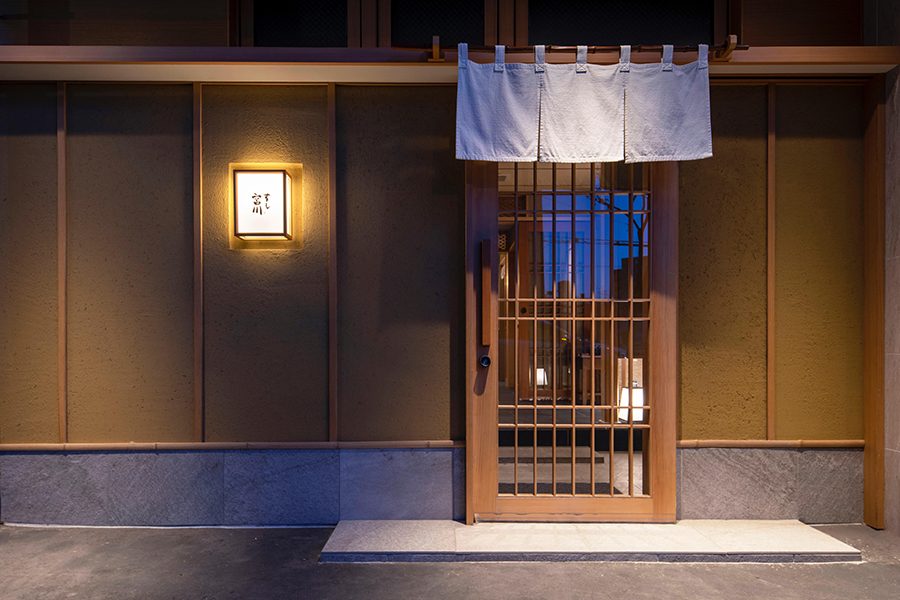
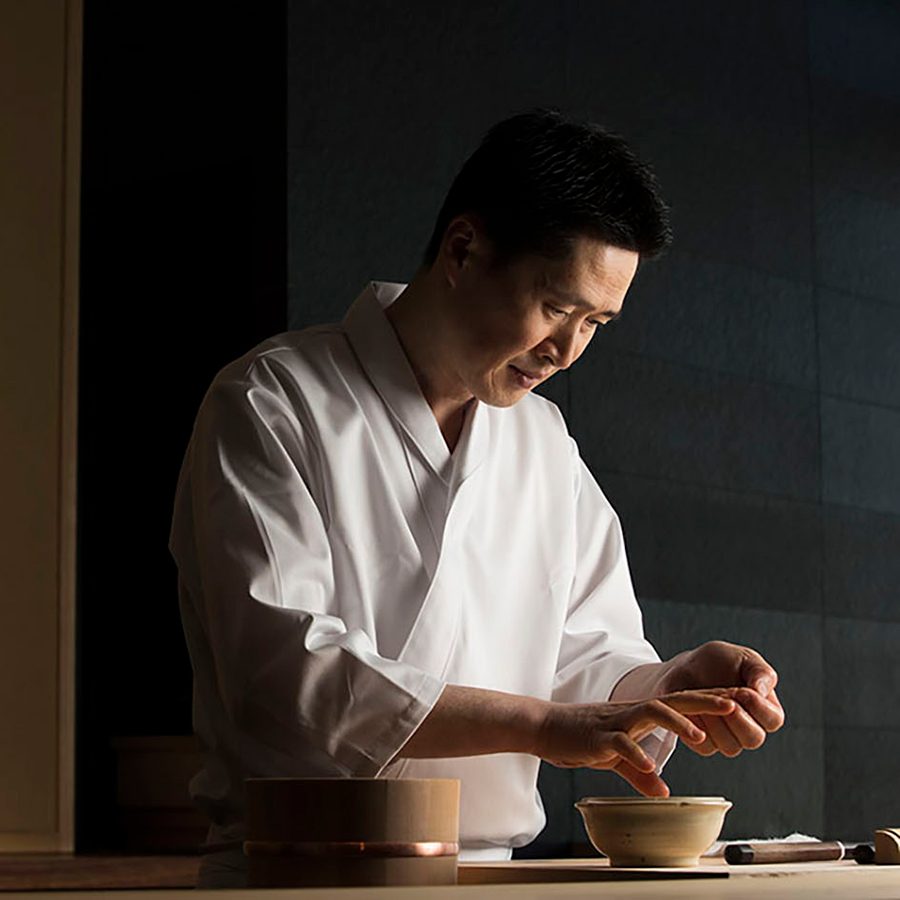
Japan
Sushi master Masaaki Miyakawa recently opened Sushi Kissho by Miyakawa in Macao. He emphasises that while dining out is about enjoying yourself, respecting staff and fellow guests is paramount. That means being punctual and keeping noise to a minimum, especially when sitting at a counter. Stay off your phone, or step away to make or take calls.
Some diners believe it is rude to ask questions, but most chefs are happy to interact with guests and appreciate the interest shown. If there's an ingredient or cooking style that you dislike, let the chef know politely.
When visiting a restaurant where you or your dining companions personally know the chef, take a small gift. This is even more crucial if you’re invited to someone’s house for dinner.
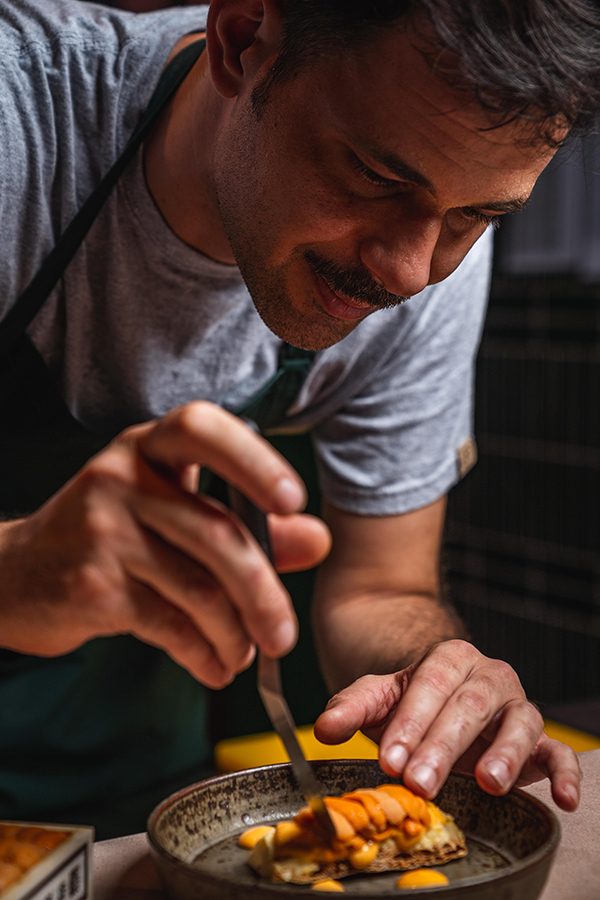
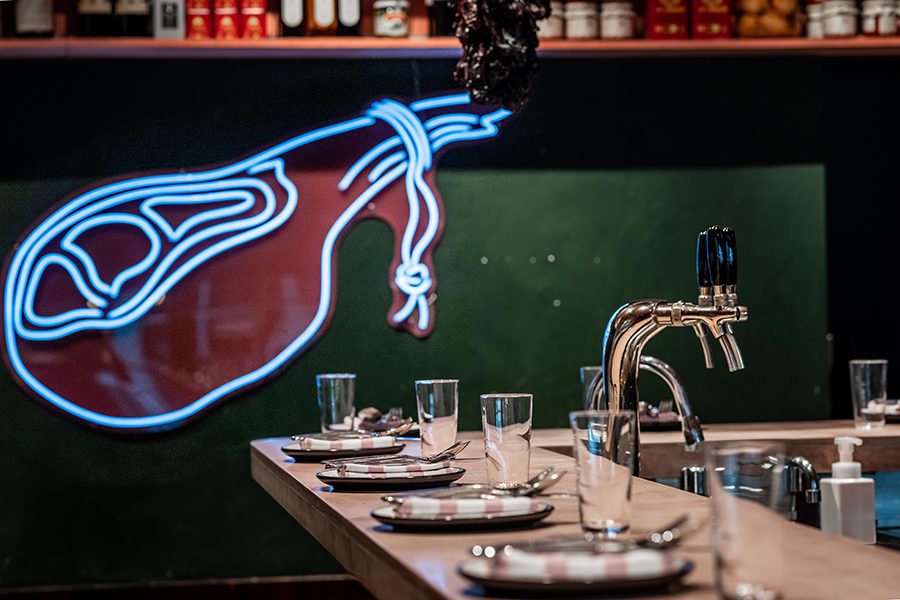
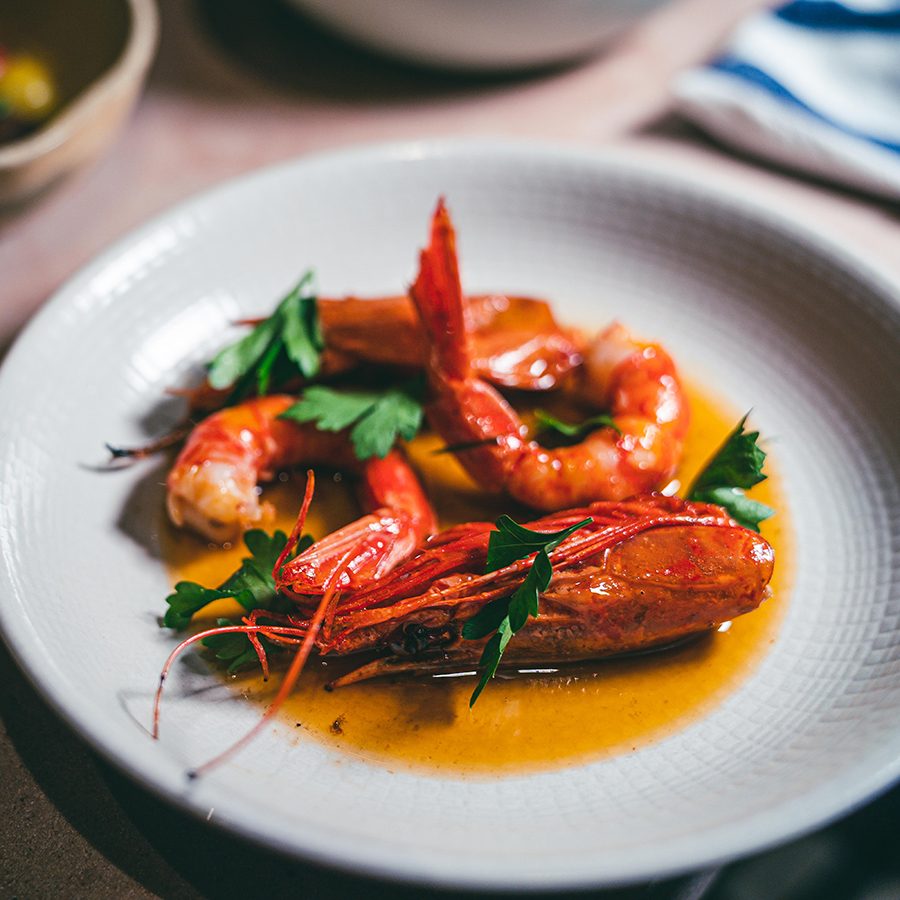
Spain
Madrid-born chef Antonio Oviedo , of 22 Ships in Hong Kong, recommends arriving at least five minutes late when invited to someone’s home. No one has lunch before 2pm, and in summer, people often dine as late as 10pm.
Before eating, say: “buen provecho!” – “enjoy your meal!” Don’t slurp, chew with your mouth open, or talk with your mouth full. Paella is traditionally for lunch, not dinner, and churros are best eaten at 5am after a night out. Noon is “la hora del vermut”, where friends gather for aperitifs with pintxos or tapas. Each person buys a round of aperitifs, so be sure to take your turn.
If someone invites you to their home, wait to be seated as each member of the family has their own place at the table. Be sure to also finish everything on your plate – mothers will feel offended if you don’t.
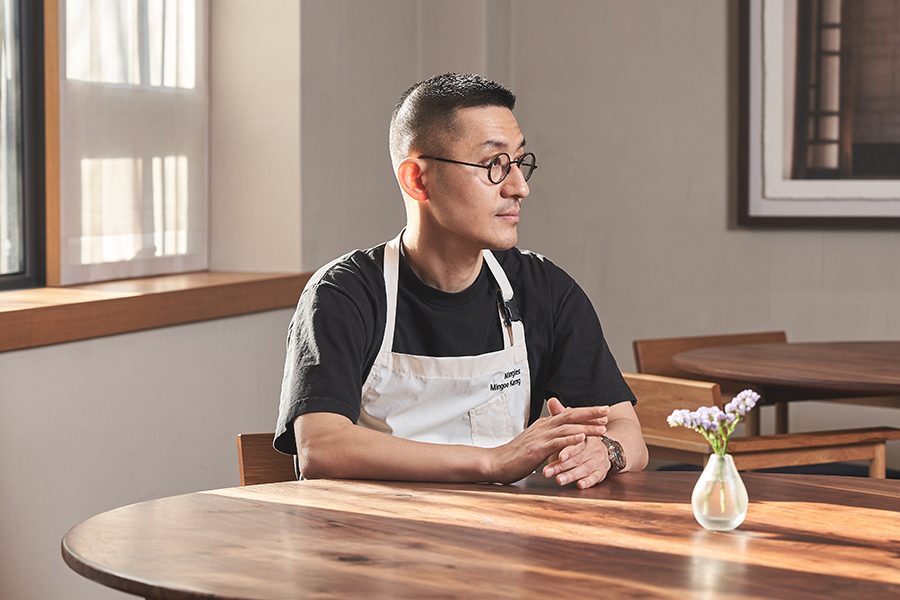
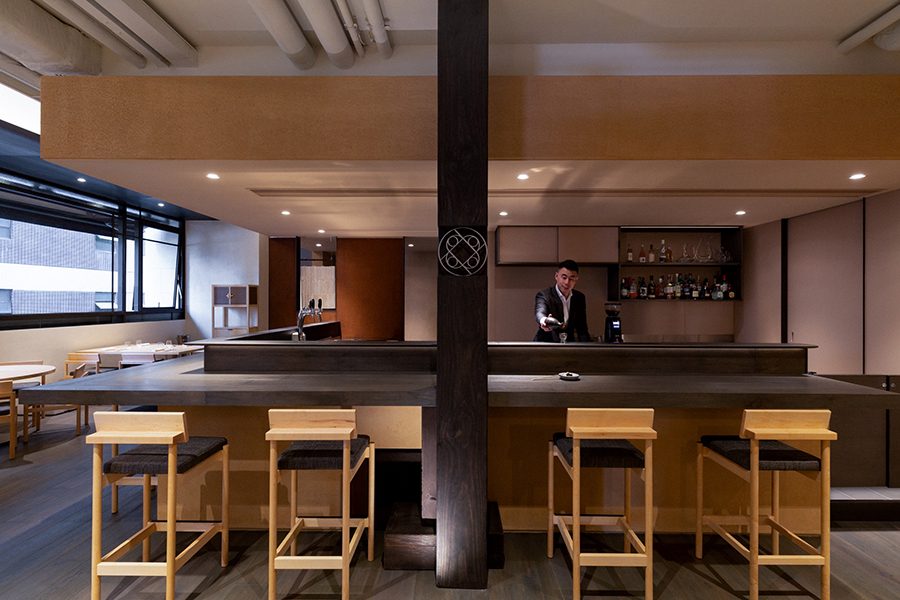
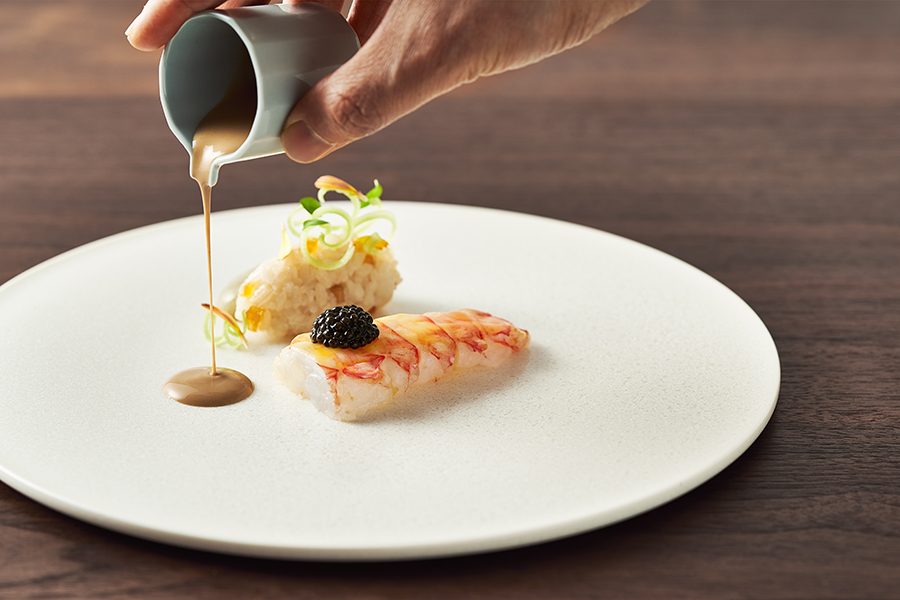
South Korea
Chef Mingoo Kang , of Michelin-starred Mingles in Seoul and Hansik Goo in Hong Kong, notes that traditional Korean restaurants have a culture of sharing. At casual eateries, soups, stews, and mains are usually placed in the middle of the table and shared. Don’t leave any food behind, especially when the meal is served by someone.
Many people are familiar with kimchi, but other fermented and preserved foods and sauces such as jangajji (soy sauce marinated pickle), jeotgal (Korean fish sauce and salted seafood), and jangs (Korean fermented sauces) are also popular – try them with an open mind.
Videos showcasing Korean food abound on social media , and many say that slurping is natural in Korea, but this is a recent development; it is better not to slurp.
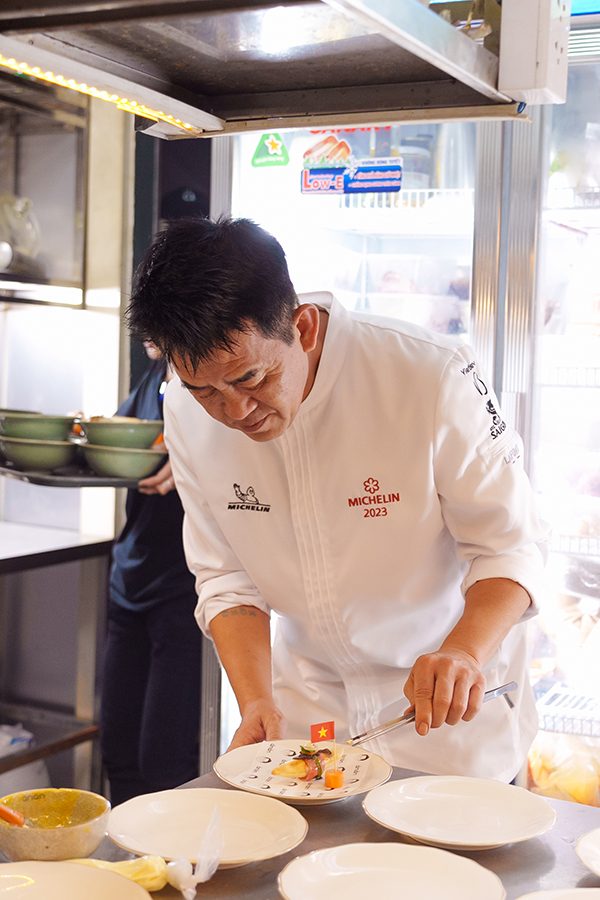
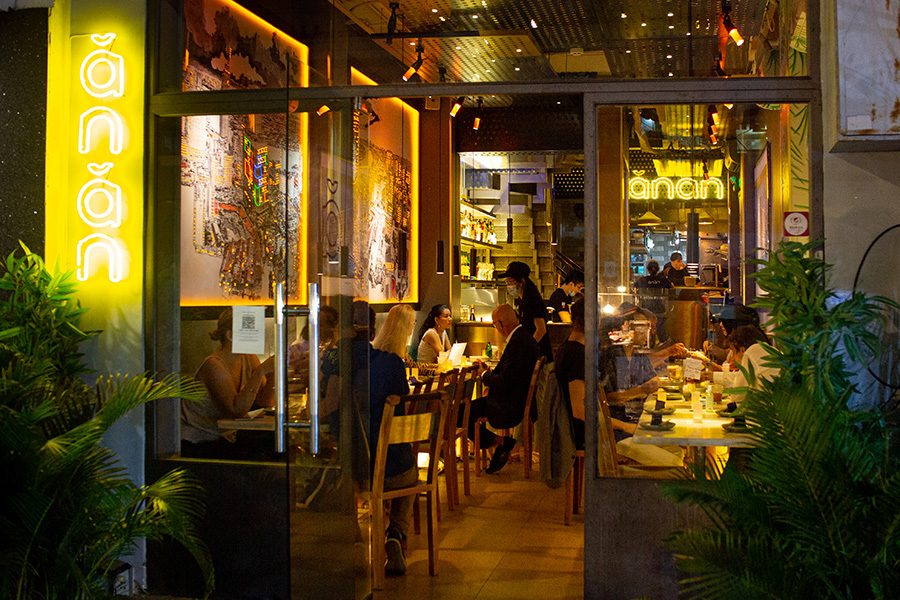
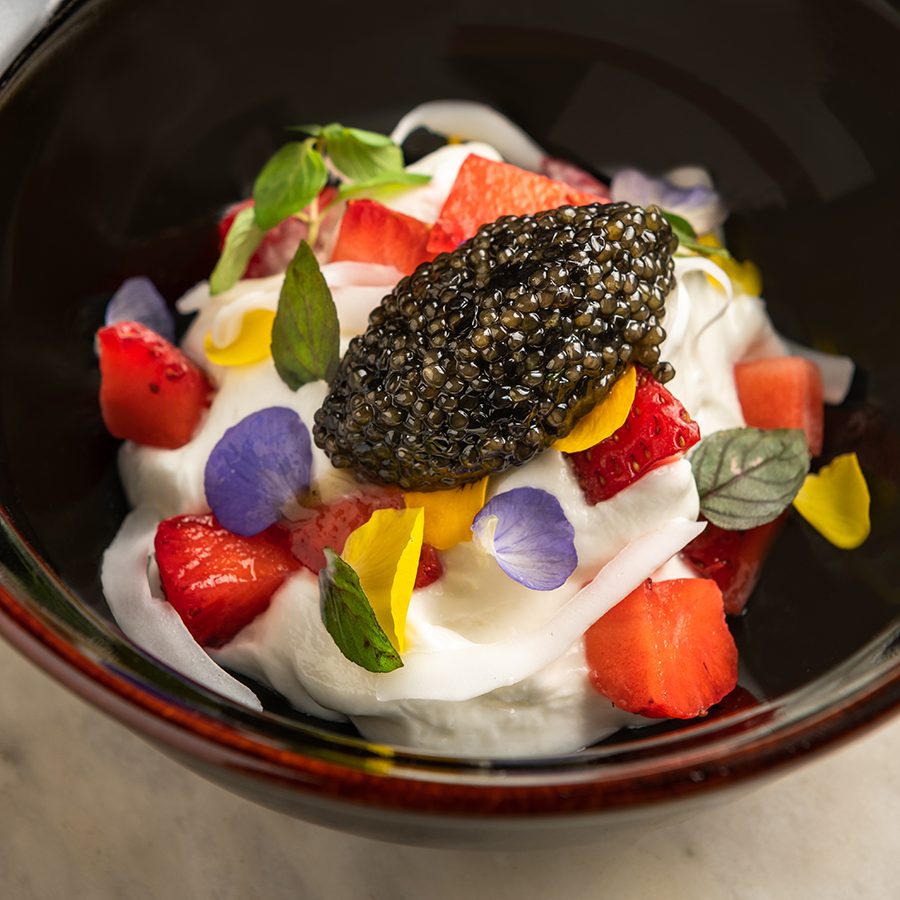
Vietnam
According to chef Peter Cuong Franklin of Michelin-starred Anan Saigon , it’s polite to say “xin moi” to invite others at the table to begin eating before you do. The most senior or oldest person gets first dibs on the special parts of a dish such as fish eyes or pork bones (which might suit you just fine). Since most dishes are shared, never eat directly from a sharing plate. Instead, use serving utensils to transfer items to your bowl.
The most senior person will often insist on paying the bill. If budget is not an issue, offer to pay rather than splitting the bill. And when dining at someone’s home, the host will be grateful if you offer to help with meal preparation, although they won’t let you.
More inspiration
- China – the Chinese Mainland, Hong Kong SAR, Macao SAR and Taiwan Region
- Hong Kong SAR - English
- Chinese Mainland (China) - English
- Taiwan China - English
- 香港特別行政區 - 繁體中文
- 中国內地 - 简体中文
- 中國台灣 - 繁體中文
- Africa
- South Africa - English
- Asia
- Bangladesh - English
- Korea - English
- Singapore - English
- Cambodia - English
- 한국 - 한국어
- Sri Lanka - English
- India - English
- Malaysia - English
- Thailand - English
- Indonesia - English
- Maldives - English
- ประเทศไทย - ภาษาไทย
- Indonesia - Bahasa Indonesia
- Myanmar - English
- Vietnam - English
- Japan - English
- Nepal - English
- Việt Nam - tiếng Việt
- 日本 - 日本語
- Philippines - English
- Australasia
- Australia - English
- New Zealand - English





.renditionimage.450.450.jpg)

